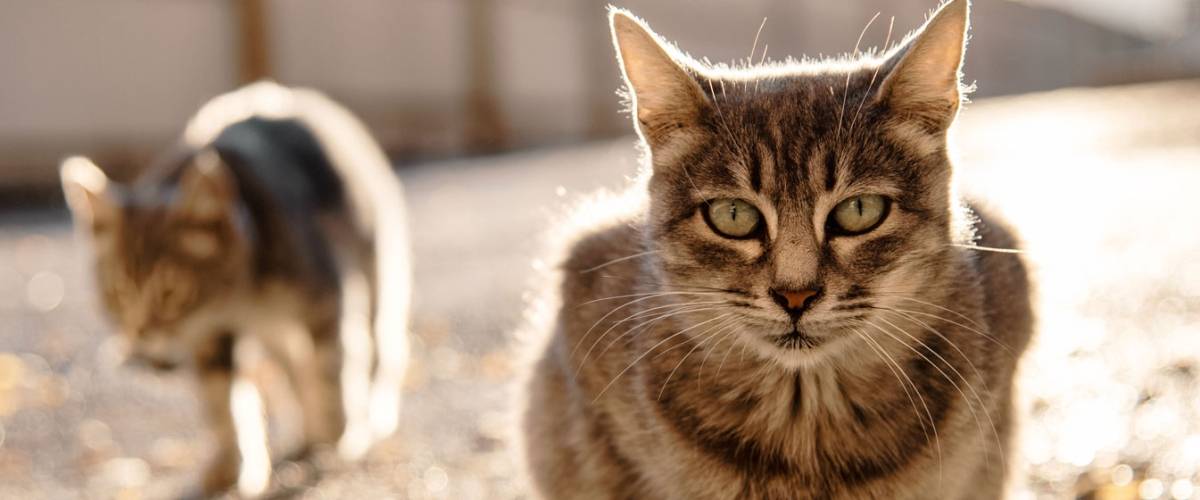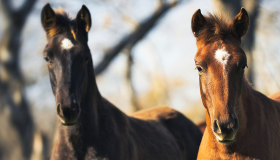
DENVER/November 22, 2022 – With an estimated 60 to 100 million free-roaming, community cats in the United States, new strategies are needed that move beyond trap/neuter/release programs. Two studies recently approved by Morris Animal Foundation will tackle this important problem using nonsurgical methods to control reproductive capacity. The first project will be conducted at University of Georgia and the second at Tufts University.
“The importance of finding viable, safe, humane and cost-effective techniques for nonsurgical sterilization in community cats cannot be overstated,” said Dr. Kathy Tietje, Vice President of Scientific Operations at Morris Animal Foundation. “We’re excited about these innovative projects and their impact on population control of this specific group of cats.”
Reducing the number of cats entering the shelter system and improving overall feline health outcomes are the primary drivers behind these new studies. An additional benefit will be reducing the environmental impact of feral cats through humane population control.
The projects are slated to begin in 2023. The project at the University of Georgia is aimed at developing an oral vaccine to decrease male cat fertility by reducing reproductive hormone levels. The Tufts University project focuses on decreasing hormone levels in female cats through an injectable medication. The projects are expected to last 12-24 months.
About Morris Animal Foundation
Morris Animal Foundation’s mission is to bridge science and resources to advance the health of animals. Founded in 1948 and headquartered in Denver, it is one of the largest nonprofit animal health research organizations in the world, funding more than $149 million in nearly 3,000 critical studies across a broad range of species. Learn more at morrisanimalfoundation.org.
Media Contact: Kelly Diehl, DVM, MS




